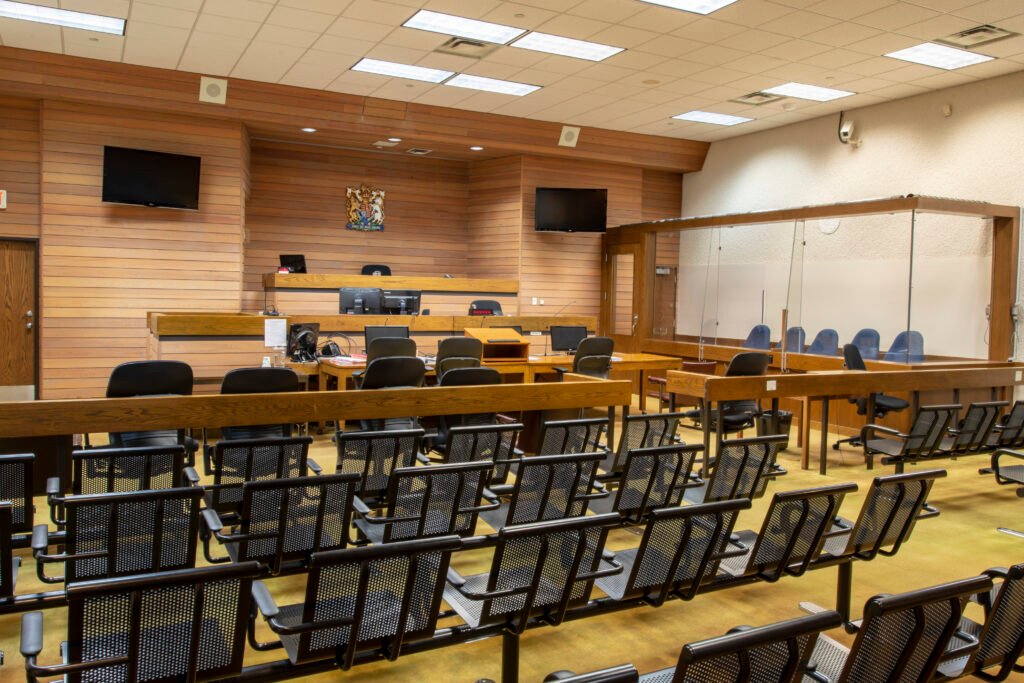Delay negatively affects the accused and the justice system
Unreasonable delay in criminal proceedings can have significant negative consequences for accused persons and our justice system. Excessive delays can hinder the accused’s ability to prepare a strong defence. Witnesses may become unavailable and their memories of key events may fade. Evidence may go missing or become compromised. Furthermore, the uncertainty associated with prolonged legal proceedings can lead to anxiety and depression for the accused, and impair the accused’s ability to function in daily life.
Delays also add to the court’s backlog of cases, reducing the court’s efficiency, and putting pressure on judges, prosecutors and the accused to rush decisions and proceed without adequate preparation. These factors undermine the aims of the justice system, which can erode public trust and confidence in the system.
How courts determine when delay is unreasonable
Section 11(b) of the Canadian Charter of Rights and Freedoms provides that everyone has the right to be tried within a reasonable time. In 2016, the Supreme Court of Canada made a decision in the case of R. v. Jordan, 2016 SCC 27 that describes a framework for determining when delay is unreasonable. The Court ruled that if the trial is held in provincial court (in BC, the Provincial Court of BC) the trial must be completed within 18 months (1.5 years) of the Crown laying the criminal charge. If the trial is held in superior court (Supreme Court of BC), the trial must be completed within 30 months (2. 5 years) of the Crown laying the charge. If a delay exceeds these time limits, the court will presume that the delay is unreasonable, unless the prosecution (the Crown) can demonstrate to the court that there are exceptional circumstances that justify the delay and that rebut the presumption that the delay is unreasonable.
If the court finds the delay unreasonable, and the Crown does not justify the delay, the court will direct a judicial stay of proceedings, and the defendant will no longer face prosecution for the charges.
If the accused or the accused’s lawyer caused a delay (“defence delay”), the court will subtract the duration of the defence delay from the total period of the delay in question. Also, if exceptional circumstances, such as discrete events lying outside of the Crown’s control or the particular complexity of the case, are responsible for delay, the court will also subtract the amount of delay attributable to these circumstances from the total period of delay.
A case can qualify as “particularly complex” if, because of the nature of the evidence or the nature of the issues, it requires an unusually large amount of trial preparation time such that the delay is justified. Courts will look at the number of accused, the number of witnesses, the complexity of the legal issues and the volume of disclosure as indicia of complexity.
If the Crown wants to claim that delay is justified by a case’s complexity, it must show that the complexity is rationally connected to the delay that arose in bringing the matter to trial. For instance, the Crown could not cite the fact that a case involves a large number of witnesses to justify a delay when that delay arose because of extremely late disclosure of evidence to the defence.
If a case is found to be “particularly complex”, the Crown must then establish that they developed and followed a concrete plan to minimize the delay occasioned by the complexity in the case.
Remedy for unreasonable delay
In Canada, if there is an unreasonable delay between the time charges are laid against an accused and the end of a trial on the charges, the delay can result in the court granting a stay of proceedings, which is a suspension of the charges against the accused. This often leads to the permanent expungement of the charges against the accused.
A stay does not mean that the accused is innocent. But it means that the Crown failed to bring its case against the accused within a reasonable time in a manner that violated the accused’s rights unacceptably.
A stay of proceedings can restore accused people’s reputations and allow them to move forward with their lives.
